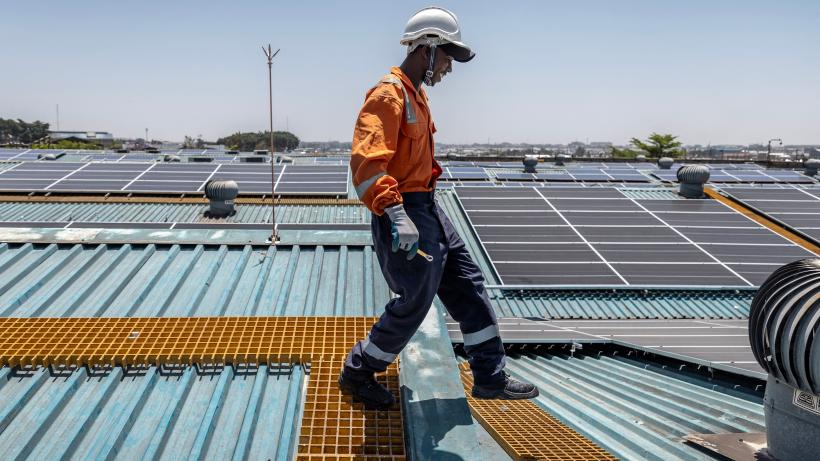
UK Government’s new White Paper and doing development differently
IGC’s Executive Director, Jonathan Leape, reflects on the UK Government’s new White Paper on International Development and the pressing need for research and innovation that is driven by local priorities.
On Monday, the UK government published its new White Paper on International Development.
The paper sets out an ambitious new approach for the UK’s international development effort, with a strong focus on poverty reduction and an understanding of the acute challenges of climate change and conflict for the lives and livelihoods of the poorest populations.
The IGC’s recent strategy paper on sustainable growth and climate change, “Innovation, growth, and the environment” (referenced in the White Paper), shares the same vision of sustainable and inclusive growth as the only way to meet the challenges of poverty and climate change, and of the crucial role of innovation and private sector investment.
The core message of the White Paper is that we need to do development differently. As the new Foreign Secretary (and former co-Chair of the IGC’s Commission on State Fragility, Growth, and Development) David Cameron says in the Foreword, development has become more vital and more difficult, as the vulnerability of poor populations is increasing while fragility, conflict, and climate change are creating complex new challenges.
The White Paper sets out a compelling argument for a new approach:
- The SDGs are off-track.
- Climate change and fragility are disproportionately affecting the poorest and most vulnerable populations.
- New approaches are needed because these new development challenges are accelerating.
- Aid must focus on the most marginalised populations.
- Aid is not enough: new approaches to leveraging international and private sector finance are essential, as is action on trade and tax.
- Enabling adaptation and building resilience to climate and other shocks is crucial.
- Innovation is essential to meeting these challenges.
- The approach must go beyond the “donor-recipient” model to one based on mutually respectful partnerships and responsive to locally-owned priorities and contexts.
With the increasing scale and complexity of development challenges, there has never been a greater need to generate ideas, rigorous evidence, and new ways of thinking through innovation and cutting-edge research. To be effective, as the White Paper emphasises, this must happen in the context of respectful partnerships and local ownership.
IGC’s work with policymakers in Africa, Asia, and the Middle East through long-term resident country teams has shown how powerful this approach can be. Whether it is by feeding pathbreaking research into policy discussions, including through broad stakeholder conferences such as the Uganda Economic Growth Forum; working with international partners, as in our annual DFI Fragility Forum; or seeding new ideas through blogs, policy briefs, growth briefs, and case studies, we have seen how these learning partnerships with governments can generate innovative solutions to development challenges that can be taken to scale and have a lasting impact on people’s lives.
The White Paper brings new energy and ambition to international development in the UK. A concerted effort to support broad-ranging research and innovation that is driven by local priorities will be essential to its success.
Read 'IGC White Paper: Innovation, growth, and the environment' here.

